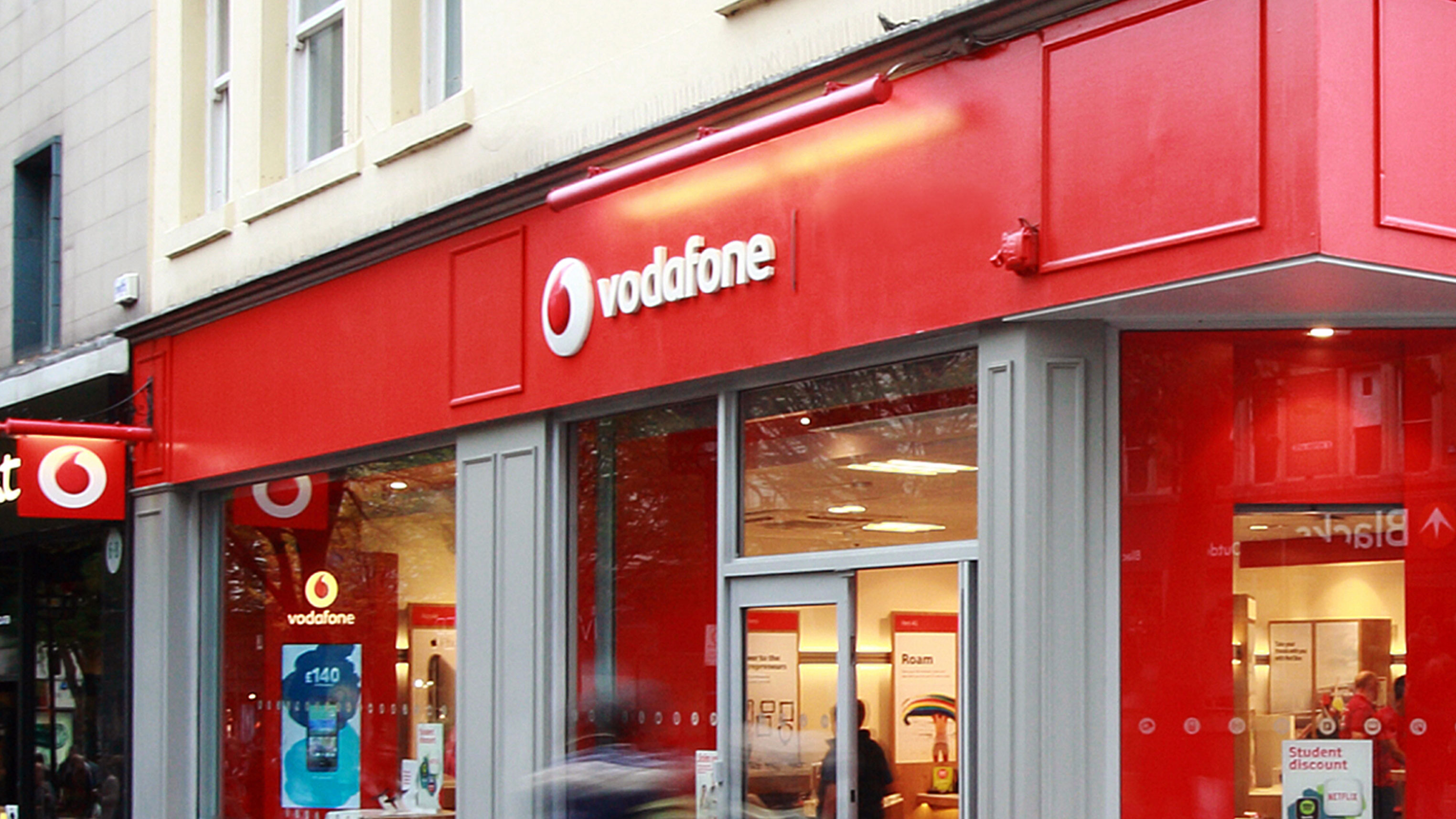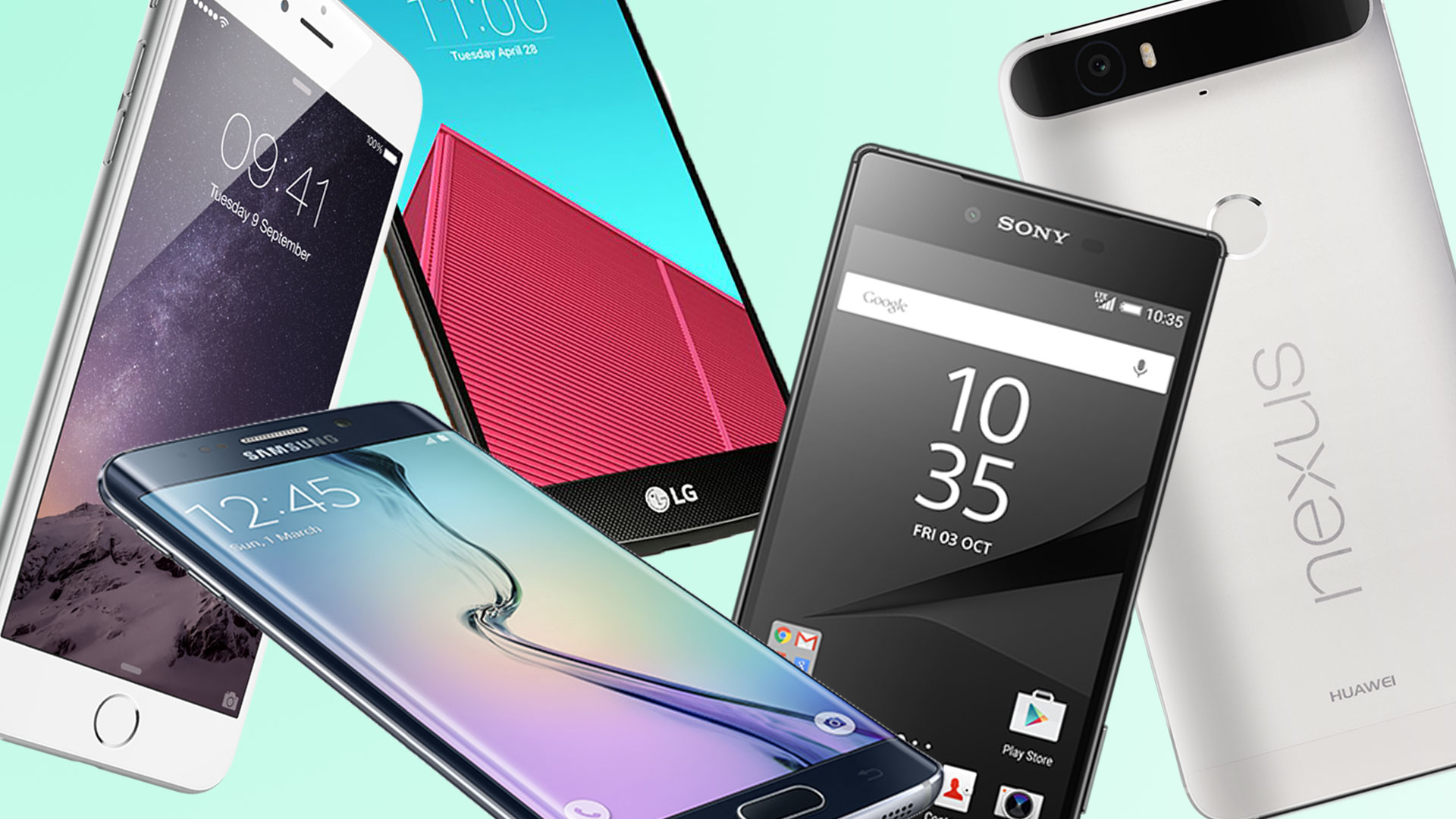Phone contract 101: Why you might be giving free money to your network
Why don’t we all stop giving networks our money?

It’s insane how people don’t think to change their service plans, whether it's gas, electricity or their mobile phone.
And it probably shouldn’t be a shock to me any more, but I’m still astounded that people are still giving their money to a network for nothing.
So many people are effectively walking into the local high street store for their mobile phone provider, plopping £20 on the counter, and walking out.
That’s exactly what you’re doing if you don’t renegotiate your contract at the end of your fixed-term deal, and I’ve told that to so many of my friends. They ask me what the best deal on the new phone they want is, I tell them to wait a month or two for the price to drop, and then ask when their current deal ended.
Often the response is ‘Oh, about six months ago, but I didn’t know which phone to go for’. And the thing is it seems most people are still unaware that their contract is made up of two parts: a percentage of it pays for the phone in equal instalments, and the rest is the cost of data, minutes and texts.

- Know when your deal is about to expire, and ask when the earliest point you can upgrade your handset is.
- If you don’t want to get a new phone, set a reminder on a calendar when your contract is up.
- Call your network a couple of weeks ahead of that date and ask to be moved to a lower tariff – you won’t lose any ‘loyalty’ as a result, as they’ll be desperate to keep you.
- Check out SIM-only deals posts to see what’s available to strengthen your negotiating position.
- Remember that you can stay with your network while still going through a cheaper reseller.
- Also consider buying a phone up-front and choosing a SIM-free deal, as this can save hundreds of pounds over the course of the contract.
- But, whatever you do, please don’t just ‘leave it while you work out what you want to do’.
It varies by phone and network, but if you’re on a £40 per month deal for the Samsung Galaxy S8, for example, you’ll be paying around £30 for the handset and £10 per month for your data etc.
So when you’re at the end of the two year contract, you don’t owe anything for the phone and you’re able to drop to whatever SIM-only tariff you want. That’s the whole point of it.
Sign up for breaking news, reviews, opinion, top tech deals, and more.
But networks are allowed to keep the deal running in perpetuity, and that means the more expensive the phone you choose for, the more money you’re literally gifting to the networks each month.
A recent report from Citizens’ Advice (CA) highlights how badly this is affecting the British public, with 36 per cent of phone users sticking with the same price per month even when their contract has expired.
That amounted to an average of £22 per month being given to said phone providers for nothing, and rightly the group - backed by MPs - is calling for reform.
Gillian Guy, chief executive of Citizens Advice, told the BBC: "The cost of handsets are hidden within some mobile phone contracts giving phone providers a way to exploit their customers.
"It is clearly unfair that some phone providers are charging loyal customers for handsets that they have already paid for. It's especially concerning that older customers are more likely to be stung by this sharp practice."
Vodafone, EE and Three are the main culprits for this practice, with O2 leading the ‘revolution’ a few years ago when it started O2 Refresh, where it split the cost of the handset and the tariff down when signing the deal, which was fairer for two reasons.
Firstly, when your contract has finished, your bill automatically halves. That’s possibly not the best deal you can get, but if the customer is unaware (or too lazy) over how contracts work, this minimises the pain - and makes it clear the distinction between the elements that they’re paying for.
The second part is one that might make the blood boil for some: if you cancel a contract early, you have to pay up the cost to terminate… that’s fairly standard in all walks of life.
But with the other networks, if you cancelled a £40 a month deal - which includes both phone and data / minutes - you have to pay the full amount remaining, even though you’ll never be able to use that allowance.
The Refresh plan means if you want to cancel, you’ll only pay off the phone, and the allowances become irrelevant.
Other smaller networks are following the same example: Sky Mobile will automatically drop the price of your contract when the phone is paid off (although it can also frustratingly tie you in for 30 month deals) and lets you roll over data that you’re forking out for if it’s unused.
Hopefully the CA report will kick the other networks into offering the same thing - but if it doesn’t, then it’ll be down to you to get in touch and change your contract. It’s understandable that this can be confusing - I had a friend who I explained this to and she still didn’t change her tariff as she couldn’t decide if she wanted the new iPhone or not - but you’re the one in control, not the networks here.
- SIM only deals: compare all the best deals from all the networks and resellers
- Mobile phone deals: our pick of the best deals on the newest phones

Gareth has been part of the consumer technology world in a career spanning three decades. He started life as a staff writer on the fledgling TechRadar, and has grew with the site (primarily as phones, tablets and wearables editor) until becoming Global Editor in Chief in 2018. Gareth has written over 4,000 articles for TechRadar, has contributed expert insight to a number of other publications, chaired panels on zeitgeist technologies, presented at the Gadget Show Live as well as representing the brand on TV and radio for multiple channels including Sky, BBC, ITV and Al-Jazeera. Passionate about fitness, he can bore anyone rigid about stress management, sleep tracking, heart rate variance as well as bemoaning something about the latest iPhone, Galaxy or OLED TV.